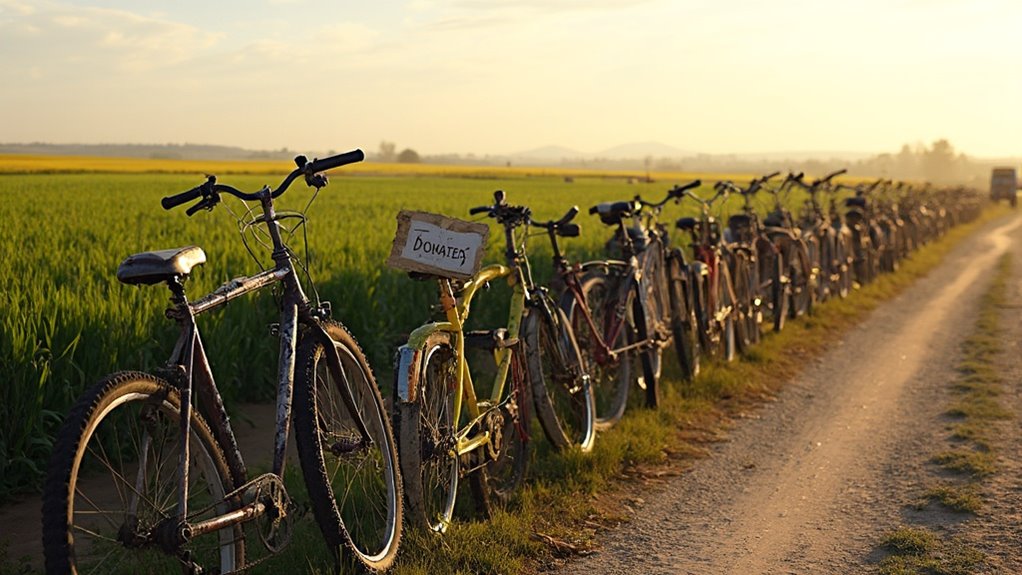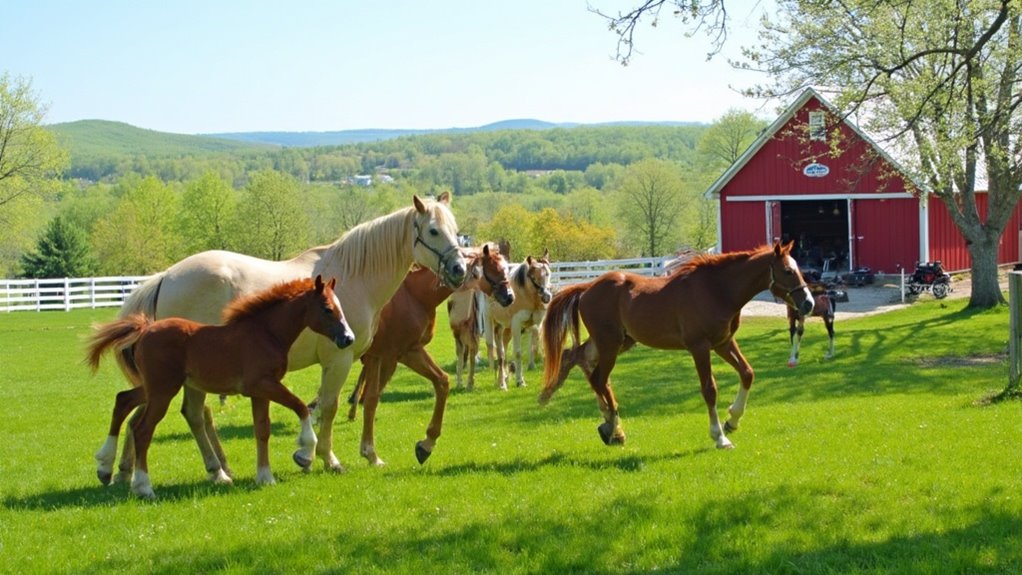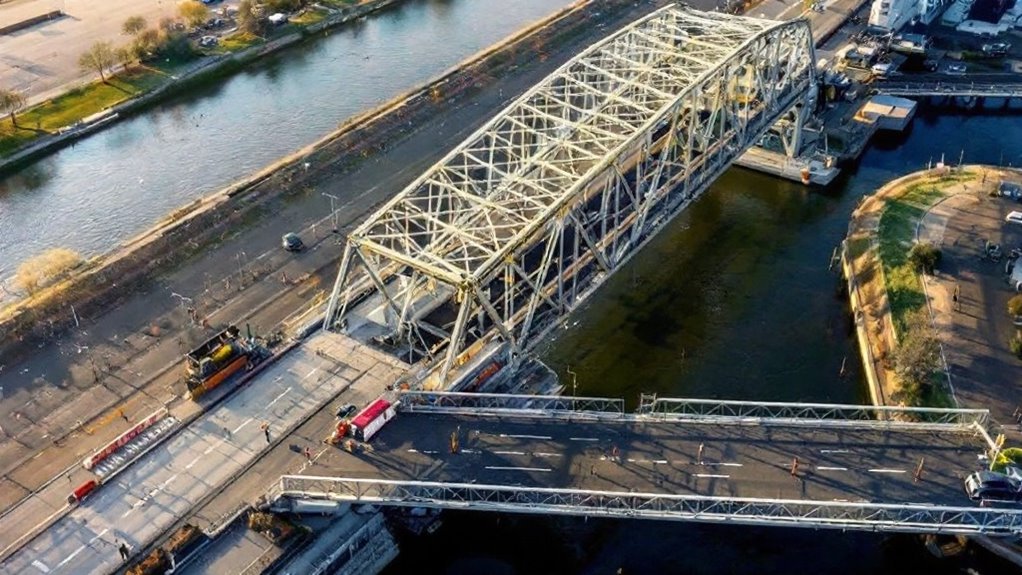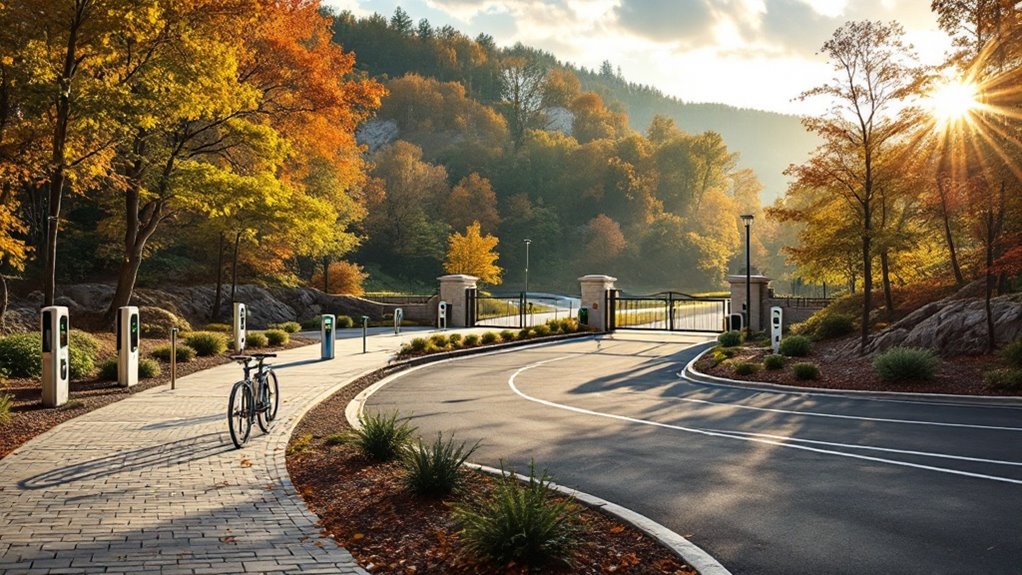Pedaling across dusty farm roads, thousands of agricultural workers are finding a new path to independence through bicycle donation programs. After a recent appeal for help, communities nationwide have responded with overwhelming support, providing essential transportation to farmworkers who often lack reliable vehicles.
For many farmworkers, bikes aren’t just convenient—they’re vital. Without cars, many rely on risky transportation methods like overcrowded vans or unlicensed drivers that frequently cause injuries. Bicycles offer a safer, cheaper alternative for reaching remote fields.
Access to reliable transportation transforms lives—bicycles provide safety and independence where dangerous alternatives once prevailed.
“The response has been incredible,” said a spokesperson from Working Bikes, which donated over 11,400 bicycles last year. More than 9,100 of these went to international communities, while 2,321 helped local workers.
Statistics show that low-income workers bike three-and-a-half times more than those with vehicle access. The Northeast region with its large walking cities shows how infrastructure investments can support alternative transportation. The percentage of people cycling to work has grown by 50% nationwide, from 0.4% in 2005 to 0.6% in 2016. For farmworkers, these numbers are even higher.
Bike donations do more than provide transportation. They help workers escape exploitative systems like “raiteros,” who charge high fees for rides to work. Cycles also improve farm efficiency by helping workers reach fields faster during critical crop cycles.
Beyond transportation, bikes bring economic benefits. Workers save money previously spent on rides, increasing their disposable income. Women farmworkers report that bike access has helped break gender barriers in their communities.
Organizations like Dream Bikes and Free Bikes 4 Kids have joined the effort, partnering with nonprofits to distribute bicycles where they’re needed most. International programs such as Cycles for Farmers have donated over 3,270 bicycles globally.
However, challenges remain. Unlike farm equipment that requires specialized transport, bicycles are simpler to maintain but still need safe roads and repair facilities.
As donation numbers continue to rise, particularly during recent crises, the simple bicycle is proving to be more than transportation, it’s becoming a vehicle for economic independence and community transformation for farmworkers across the country.
Stories like these highlight the power of small actions to create meaningful change. Discover more inspiring local initiatives on Marketplace Niagara.









